Clergy sex abuse cases could bankrupt Archdiocese of NY: attorney
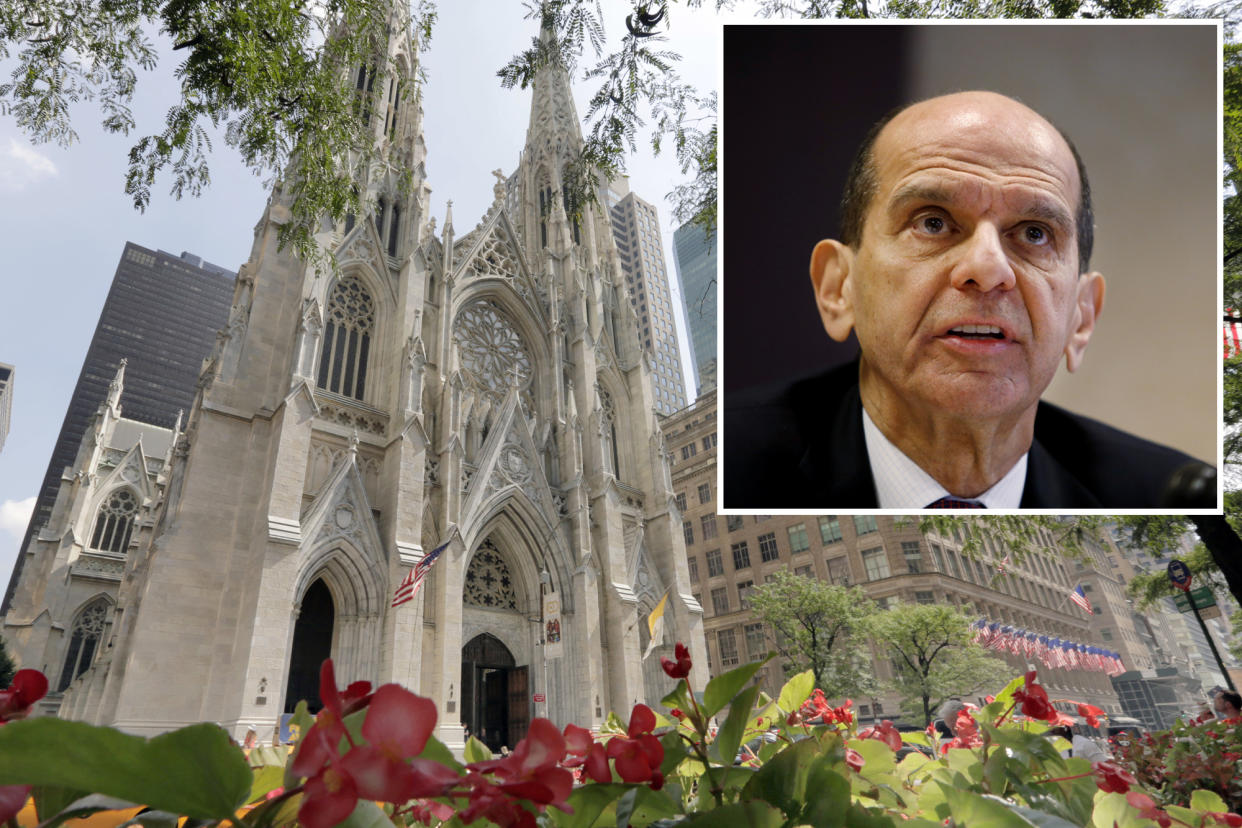
The Archdiocese of New York may be forced into bankruptcy if its main insurer is allowed to go without financial responsibility in thousands of child sexual abuse lawsuits, victims’ attorneys said.
On Tuesday, the state Appellate court’s First Department reversed a ruling dismissing Chubb insurance’s assertion that its policies did not cover child sexual abuse claims that church leaders enabled and covered up for decades.
If Chubb and other insurance companies are off the hook, the Archdiocese, which covers 10 New York counties including Manhattan, the Bronx and Staten Island, will have no option but to file for bankruptcy, said attorney Jason Amala, whose firm filed about 75 sexual abuse cases against the Archdiocese.
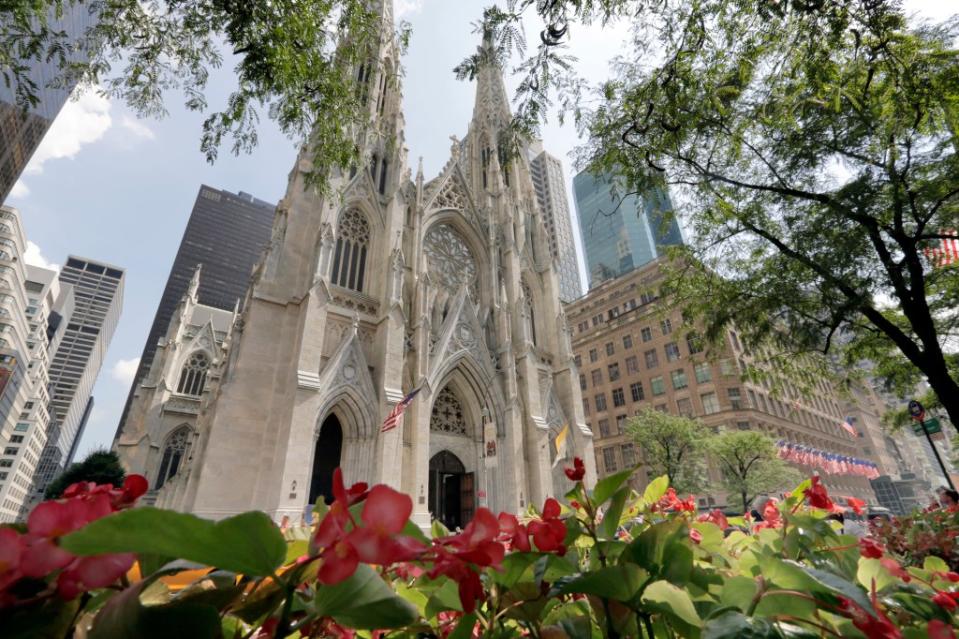
Chubb insured the Archdiocese of New York, which serves 2.5 million Catholics, and its affiliated parishes and schools between 1956 and 2003.
If the cases filed under the state’s Child Victims Act proceed to trial, the financial damage to the Archdiocese could be “staggering,” said Boston attorney Mitchell Garabedian, who represents dozens of abuse victims.
“Certainly, not having insurance coverage can tilt the scale in favor of filing bankruptcy,” Garabedian added, noting even if that happened, he believes sexual abuse victims of clergy should be covered by “the enormous wealth of the Archdiocese of New York.”
The Archdiocese of New York “has substantial financial resources to pay just compensation to victims today and Chubb continues to fund the legal defense of the Archdiocese under a reservation of rights,” Chubb said in a statement.
The Archdiocese has been named in more than 3,000 Child Victims Act lawsuits, with Chubb Insurance involved in 1,593 of them.
In 2019 state law opened a legal window for child sex abuse victims to bring decades-old claims, otherwise barred by statute of limitations, to court.
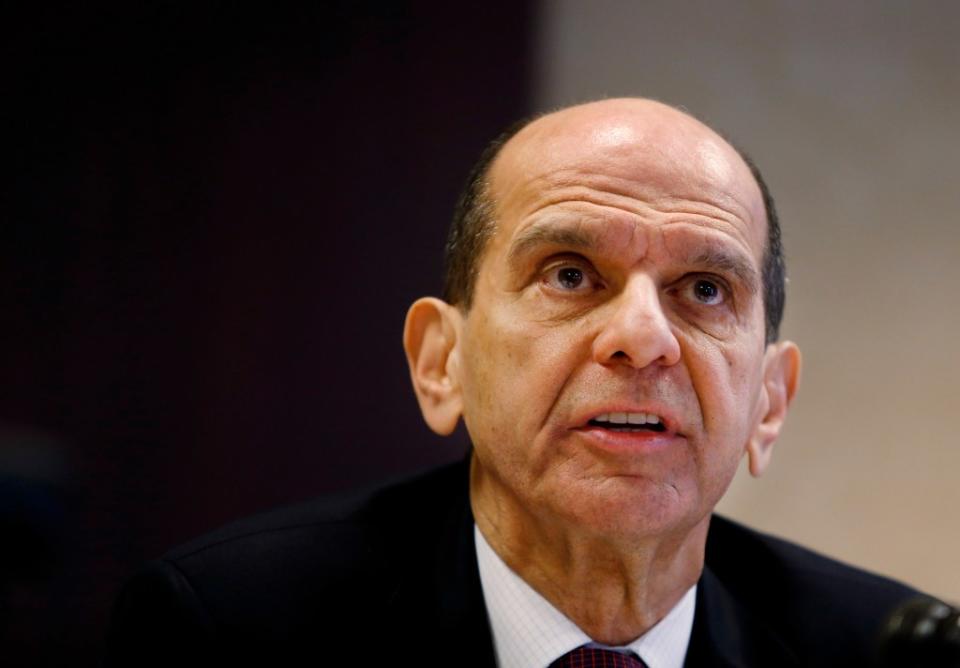
Each case could settle for $1 million or more, believes Amala.
The appellate court’s decision should help move the long-lingering civil cases through the New York court system, Amala said.
“It will show the trial judges that we need to get trial dates because the Archdiocese’s insurance companies plainly have no interest in negotiating to settle cases,” he said. Following verdicts, he said, the insurance companies can “argue why they shouldn’t have to pay.”
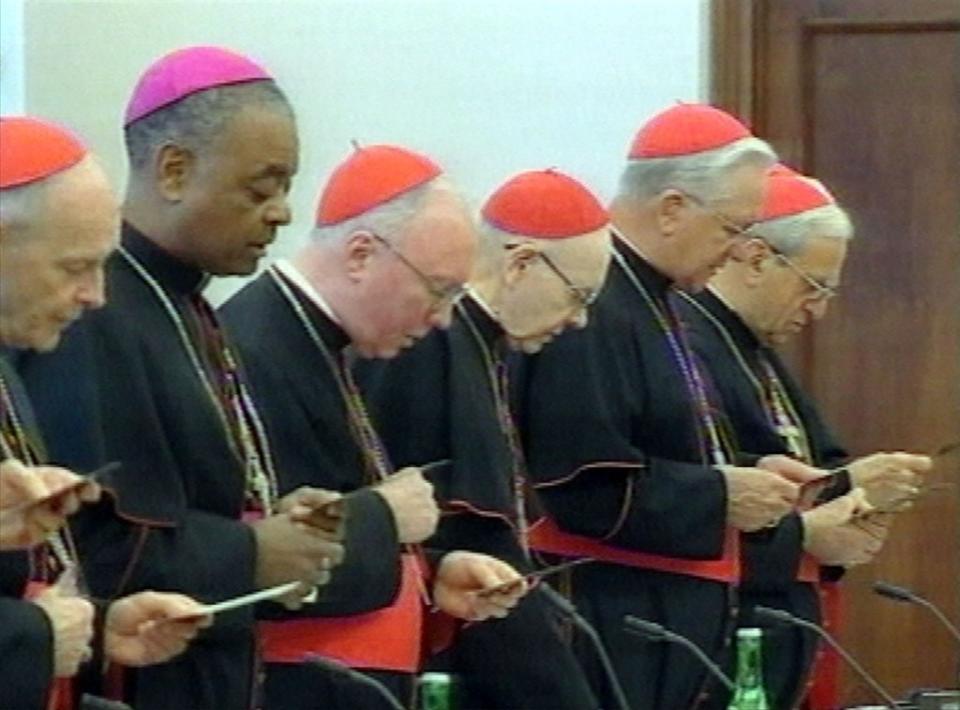
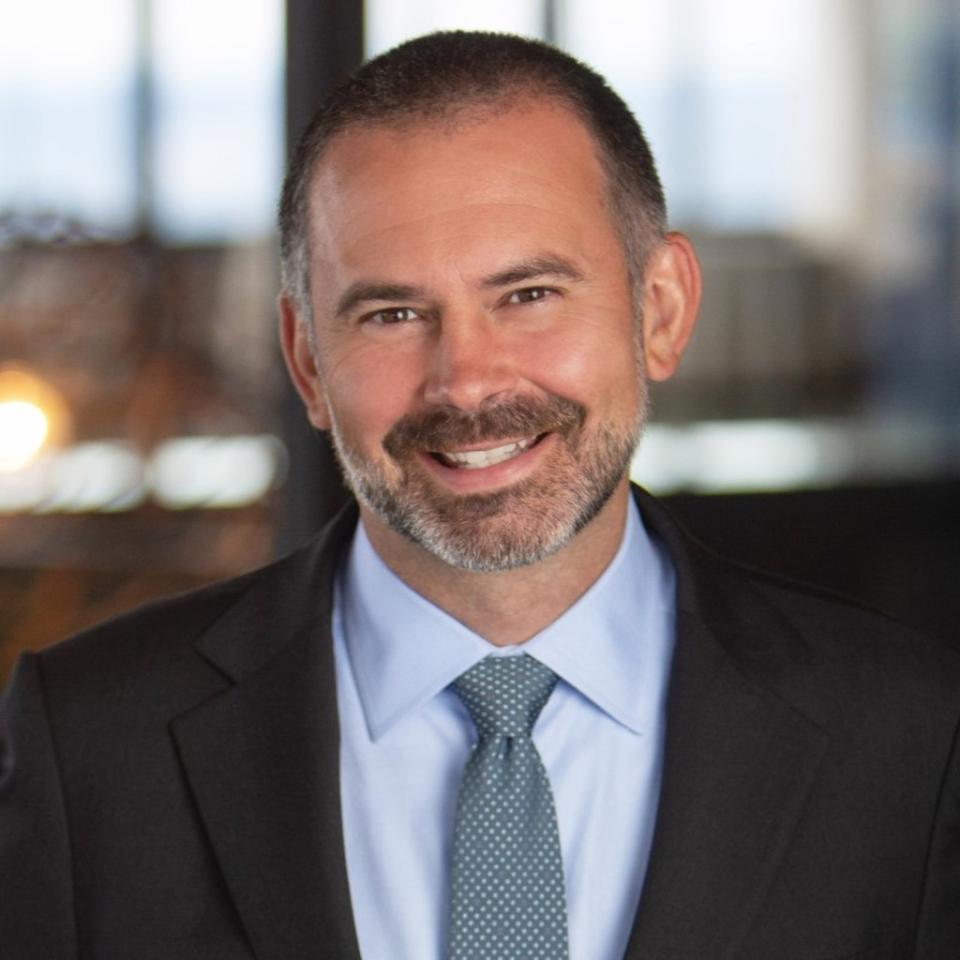
The appellate court’s decision affirms Chubb’s position that it shouldn’t have to defend the Archdiocese if the organization “had knowledge of its employees’ conduct or propensities,” the company said in a statement.
“The Archdiocese must now disclose what it knew and when it knew about child abuse perpetrated by priests and employees,” the company contended. “That disclosure is critical to determining whether the [Archdiocese of New York’s] knowledge and cover-up precludes coverage.”
The Archdiocese called the ruling “disappointing” and “wrongly decided,” claiming, “If allowed to stand, the decision will permit insurance companies to evade the contractual obligations of the policies they issued.”

